Rotlicht Festival: All About Analogue
Rotlicht Festival: All About Analogue
October 28, 2024
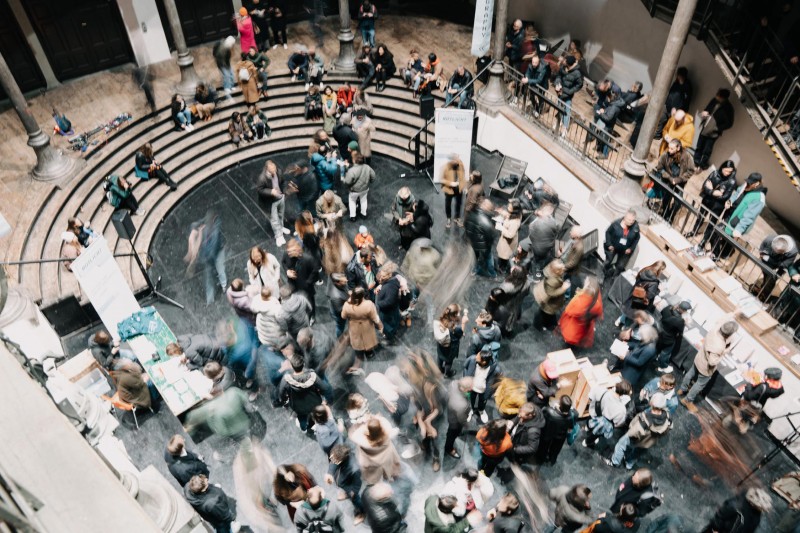
Rotlicht Headquarter © Isabella Joech
LFI: Please tell us something about yourself.
Michael Laubsch: Together with the festival's founder, Dino Rekanovic, I'm responsible for making Rotlicht a success. Photography has always represented a significant part of my work. For family reasons, I wasn't able to finish my studies at the Düsseldorf Art Academy, and I worked in the political-journalistic field for several years. Even so, I always had a camera on hand. After moving from Germany to Vienna eleven years ago, I decided to make more space in my life for photography. I joined the ZIGUTAMVE – Verein für zeitgenössische Fotografie (Association for Contemporary Photography) and I've been involved in the organisation of the Rotlicht Festival for three years now. Furthermore, in addition to my own artistic activities, I sit on the juries for a number of international festivals, I'm a curator, and I share my knowledge of analogue photography by running workshops.
Can you share a bit of information about the festival?
The Rotlicht Festival aims to become an international stage for contemporary hybrid-analogue photography. We want to promote the local art scene, strengthen international relationships in the field of analogue photography and share knowledge. As a result of our close collaboration with numerous international partner festivals – Rotlicht is a co-founder of the Analog Photo Festival Network (APFN) – and with the annual Open Call, we're able to present Vienna as a creative hub for artistic analogue photography in Central Europe. Both renowned and newcomer artists are drawn to Vienna because of Rotlicht. The fourth edition is taking place in 2024.
What was the initial motivation for founding the festival?
The conclusion that analogue technology would be replaced by digital, and would no longer be significant, existed for a long time. In the 21st century, however, analogue photography has experienced a resurgence. As initiators, we wanted to bring an event to Vienna, where the focus would lie on analogue processes. The enthusiasm for analogue technology and techniques exists from amateurs to professionals, and defines analogue photography as an art form. ZIGUTAMVE, the association behind the organisation of the festival, is also a purely analogue photographic association.
Naturally, we don't want to close ourselves off from current technical developments; so all the works we accept for Open Call, as well as for exhibitions, can have a hybrid character. This means that at least part of the work must have an analogue reference.
What distinguishes the festival and its programme?
Probably the most important difference between the Rotlicht Festival and other comparable photography events, such as Foto Wien, is its focus on hybrid artistic projects. At least part of a work must bear an analogue signature; otherwise it won't be accepted for the festival. Let me give you a concrete example: an artist submits a cyanotype triptych. Even though the basis of the work is a digital negative, the additional analogue process turns it into a project that meets the requirements of Rotlicht.
We also place an emphasis on young, up-and-coming artists from here and abroad. The annual Open Call, for project submissions that artistically fulfill each festival motto, exists for this purpose. The 20 winners, selected by an independent jury of international experts, will have their work exhibited in the Atelierhaus of the Academy of Fine Arts. The winner of the Grand Prix, i.e., the project that receives the most jury votes, will also be given an individual special exhibition within the framework of the festival.
Another important aspect of the Rotlicht Festival is the networking within the local art scene. Our collaboration with over 30 Viennese galleries and off-site spaces represents an integral part of the concept. Thanks to the workshops, presentations, photography walks and many other activities, members of the public have the opportunity to not only experience art, but to be creative themselves.
How has the festival changed over the years?
I believe we've remained faithful to our philosophy. The festival has received very little public funding so far, which means it's reliant on sponsors and cooperating partners to cover the costs. At the moment, all those involved in the festival are working without financial compensation for their commitment. As the festival takes place every year, the cost of organising, preparing and following up is proportionately high.
However, the quality of the works submitted has changed considerably over the years. Due to its international renown, the Rotlicht Festival has become an established name on the photography scene. The excellence of the current submissions make it increasingly difficult to make a decision every year – I don't envy the jury!
Can you talk about a specific highlight of this year's event?
The festival's motto this year is Outsiders. In our highly complex world, with so many crises and conflicts, it's more important than ever to allow space for minorities and people who live beyond the norm. Their stories and perspectives will be the focus of Rotlicht 2024. In addition to the pieces by the Open Call winners, Roger Ballen's work will be on display: he focuses repeatedly on so-called outsiders.
As a photographer who mainly works with a Leica, I'm also particularly pleased that we're able to have the Leica brand as a premium partner for the Rotlicht Festival, for the first time.
What plans and visions do you have for the future of the festival?
Our main focus is on obtaining public funding: in the long term, a festival can't exist without public support. With more financial resources, we would be able to recompense the commitment of all those involved in the organisation and implementation of the event. Another aspect is to strengthen the APFN network. We also want to cooperate more closely with other festivals, so that we can benefit from EU funding. But for now, we're looking forward to a successful Rotlicht Festival 2024.
Michael Laubsch+-
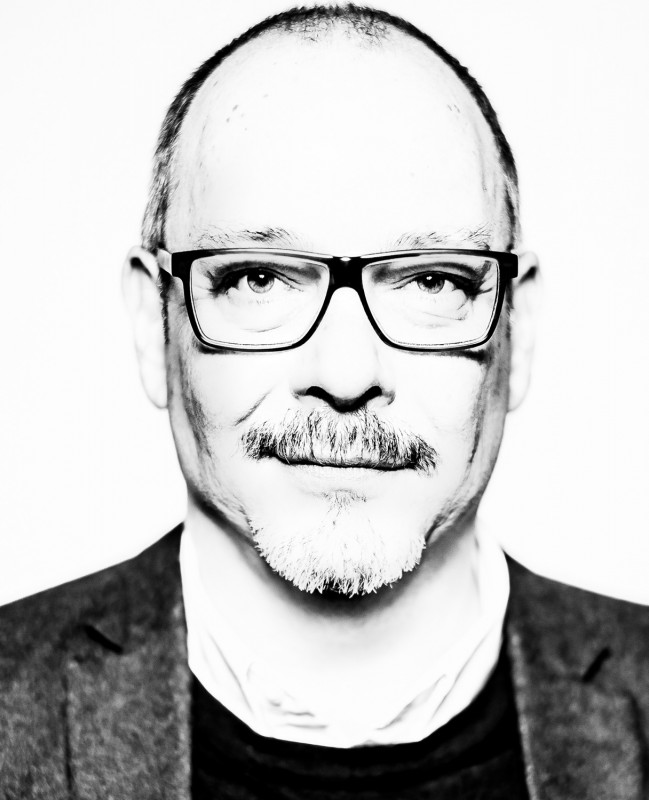
Michael Laubsch studied Political Science, Eastern European History, and Philosophy at the University of Bonn. After graduating with an M.A., he became a foreign policy advisor in the German government and advised its Foreign Affairs Committee on Eastern Europe (Poland, Czech Republic, Ukraine). As an independent political consultant and head of an international NGO, he worked with European and international institutions on political issues in Central Asia. Human rights, freedom of the press, and the transformation processes in Eastern Europe and in Central Asia, were and continue to be his main concerns. Despite his professional career, photography has always been his passion. Laubsch's analogue photographic work focuses on reportage and documenting social interactions. His work often deals with what he considers to be the heart of Europe, the east and southeast of the continent. Since 2022, Laubsch has been a board member of ZIGUTAMVE – Association for Contemporary Analogue Photography. He is also Co-director of the internationally renowned Rotlicht Festival for Analogue Photography.

Rotlicht Headquarter © Isabella Joech
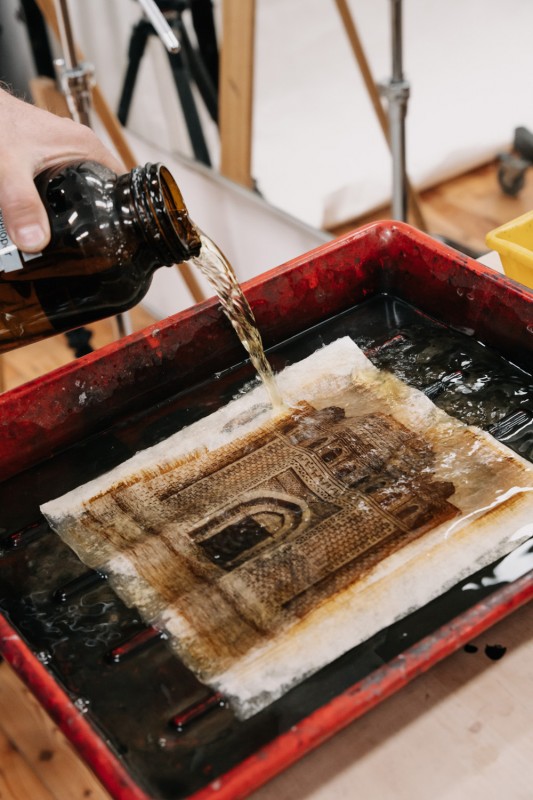
Photo Cluster Vienna © Isabella Joech
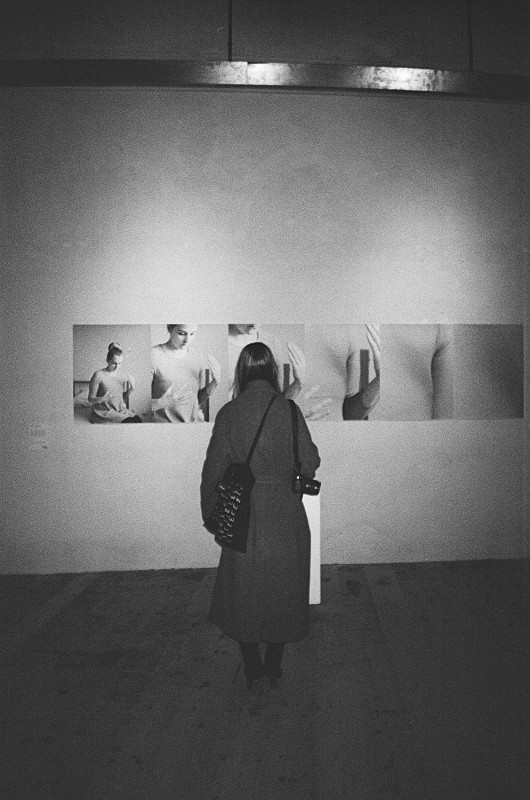
Main Exhibition © Aliza Peisker
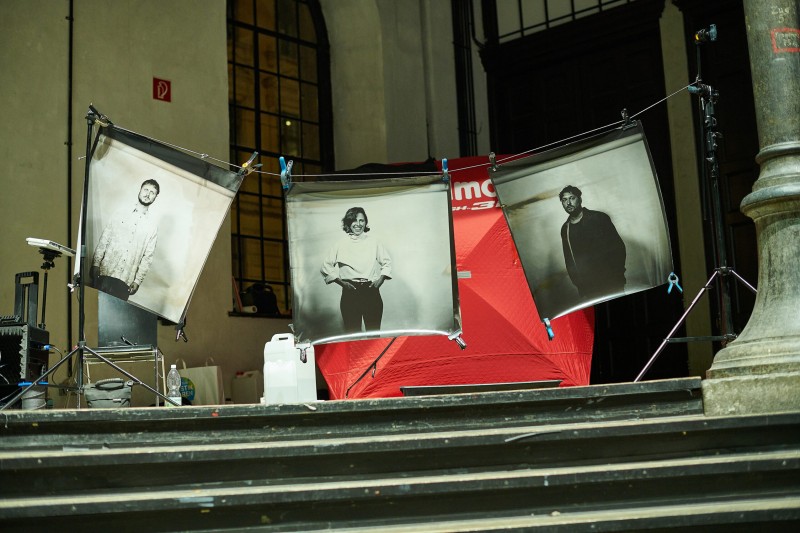
Workshop Headquarter © Dino Rekanovic

I will frieze © Christoff Wiesinger
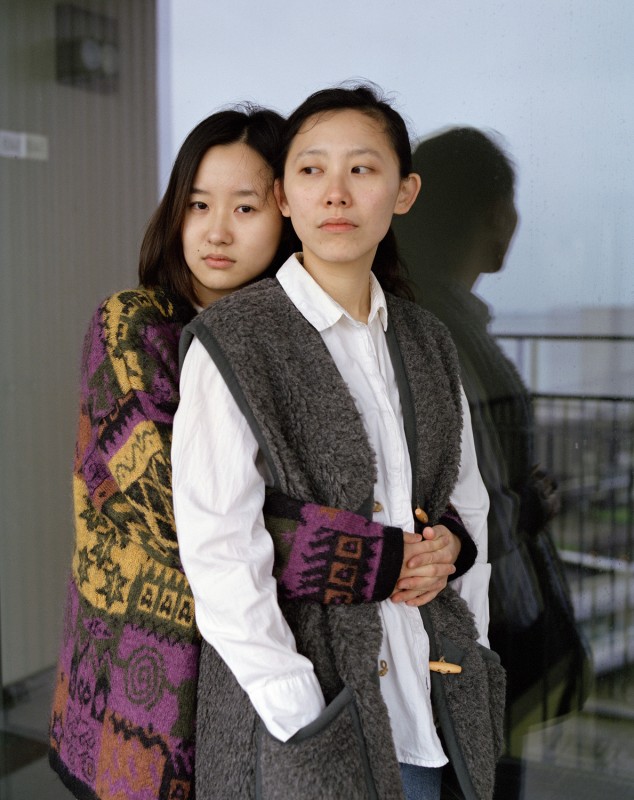
Solace © Sarah Mei Hermann
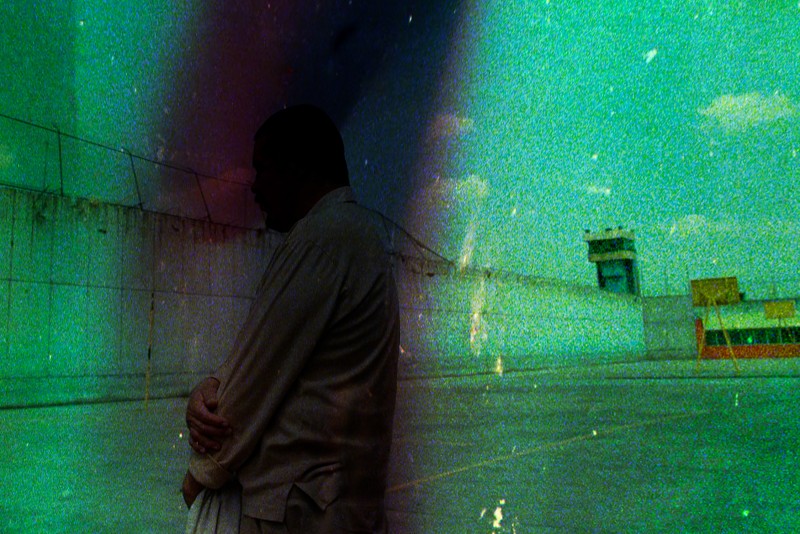
Inside, everybody fights © Monica Ortega
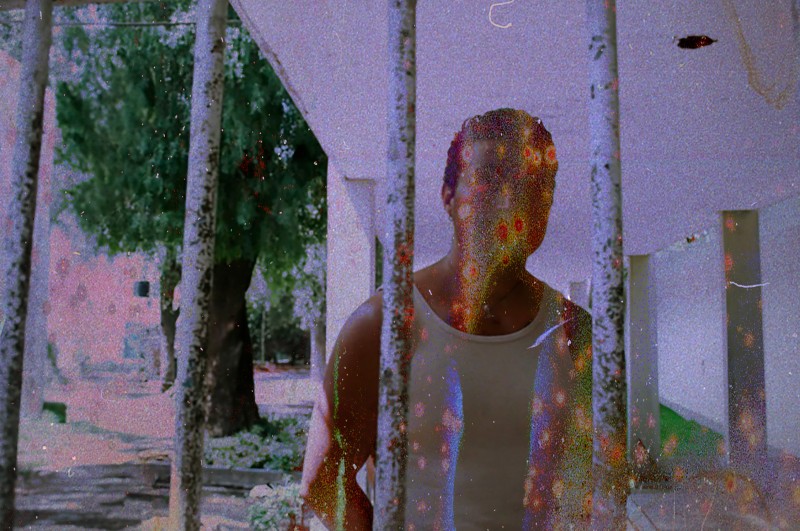
Blue Distances © Monica Ortega